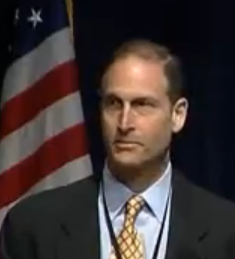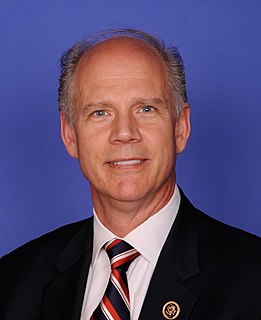A Quote by Bernie Sanders
The Affordable Care Act has clearly, as Secretary Clinton made the point, done a lot of good things, but, what it has not done is dealt with the fact we have 29 million people today who have zero health insurance, we have even more who are underinsured with large deductibles and copayments and prescription drug prices are off the wall.
Related Quotes
What sensible people have got to do is not simply repeal the Affordable Care Act without any alternative, but you've got to sit down and say it's OK, what are the problems. How do we address it? How do we move to universal health care? How do we lower prescription drug costs? How do we make sure that people don't have outrageous deductibles? You just don't throw 20 million people off of health insurance. You don't privatize Medicare.
Today, all across this country there are going to be rallies led by Democrats and others to fight against the devastating impact of repeal of the Affordable Care Act. 20 million people thrown off of health insurance, prescription drug prices raising for seniors, privatization of Medicare: devastation. And we've got to fight back against that.
The Affordable Care Act is a huge problem. [Repealing the ACA is] going to have huge implications. We have millennials that live in Boston that are on their parents' health insurance. The businesses have hired them and have been able to hire more people because they have been able to be on their own health insurance. We have seniors in our city who have preexisting conditions, or something called a "donut hole," which is a prescription drug [gap] in Medicare. Whatever changes they make could have detrimental effects on people's health care, but also on the economy.
We have health insurance companies playing a major role in the provision of healthcare, both to the employed whose employers provide health insurance, and to those who are working but on their own are not able to afford it and their employers either don't provide it, or don't provide it at an affordable price. We are still struggling. We've made a lot of progress. Ten million Americans now have insurance who didn't have it before the Affordable Care Act, and that is a great step forward.
The rise in health care costs since Obamacare, the Affordable Care Act was passed, have been at their lowest rate in 50 years. Those savings have extended the Medicare trust fund by 11 years. So we've got a baseline of facts.So it is true theoretically that all that progress can be undone, and suddenly 20 million people or more don't have health insurance.






























